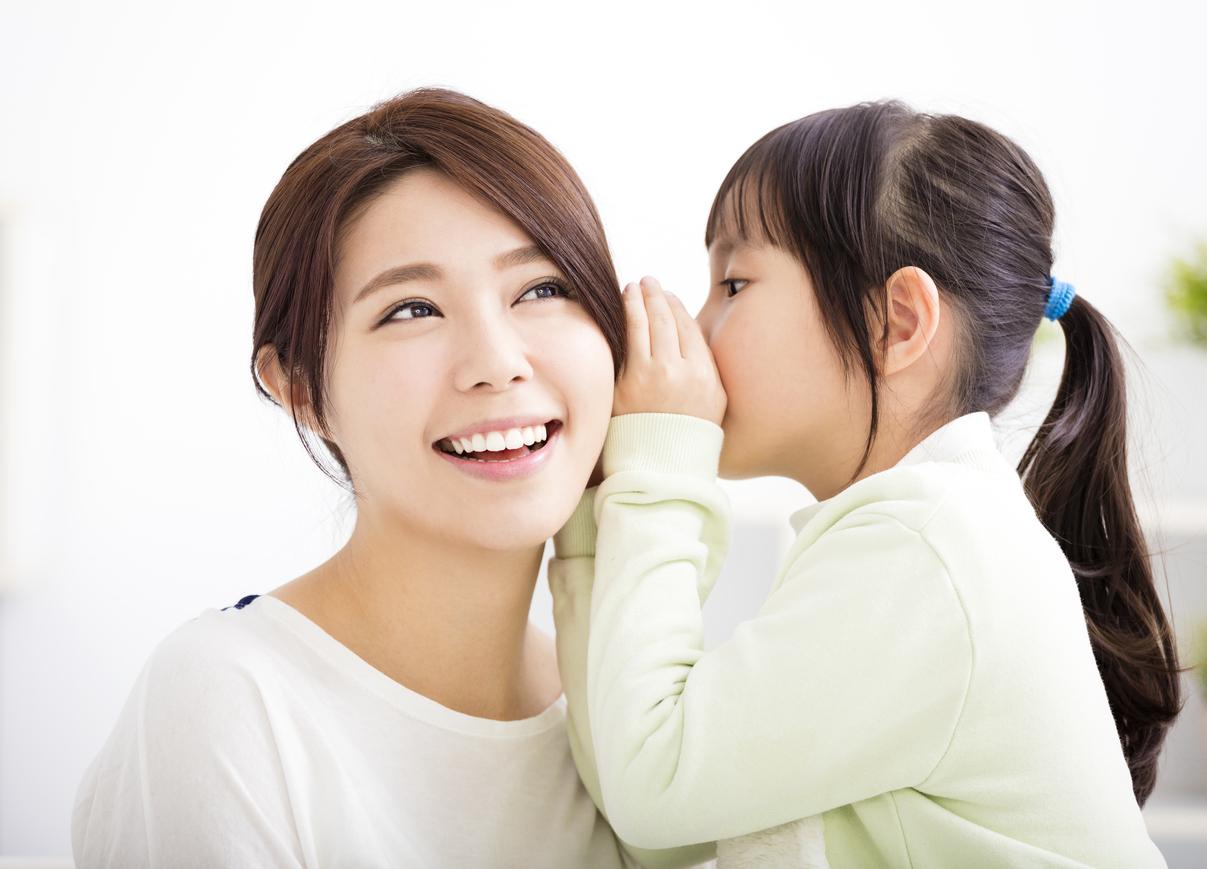Mini, Willy and Pee-pee: NHS Trust urges parents not to use nicknames for children’s body parts
Instead, you should just be telling it like it is

Tinkle, doo-doo, flower or thingy. Do you use words like this when talking to your children?
Well, according to the NHS you shouldn’t be.
Despite many parents opting to use nicknames to describe genitals, sexual health experts are now warning that doing so can inhibit young children’s natural curiosity about their bodies and stop them from asking questions.
NHS Greater Glasgow and Clyde (NHSGGC) stated on its website that using terms like ‘willy’ or ‘mini’ instead of penis or vulva can be “really confusing.”
Instead, they suggest telling it like it is from an early age.
Jill Wilson, health improvement lead at Sandyford – Scotland’s leading sexual health clinic – said, “Many adults were not taught these words growing up and can feel uncomfortable using them as they can be thought of as ‘sexual’ words.
“Young children do not have these associations and usually consider these words to be as normal as ‘hand’ and ‘leg’.
“Most parents want their kids to direct their curious questions to them but sometimes we need a hand with how to answer them.”
As well as creating a website to provide advice on how to tackle the topic, Sandyford has also released a short video which it hopes will encourage parents to use ‘proper’ language with their children.
In the clip, a dad looks perplexed as his daughter describes male and female genitalia as “penis” and “vulva” but later agrees that these are the correct terms to use.
The NHS Choices website confirms this adding that, “Children are naturally curious about their bodies and other people.
“By answering any questions they ask, you can help them understand their bodies, their feelings and other people's feelings. This is a good basis for open and honest communication about sex and relationships, growing up and going through puberty.”
Join our commenting forum
Join thought-provoking conversations, follow other Independent readers and see their replies
Comments
Bookmark popover
Removed from bookmarks